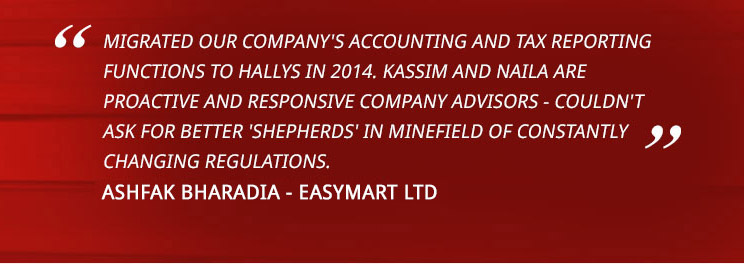The ongoing refusal of the UK government to compensate women affected by changes to the state pension age, often referred to as WASPI (Women Against State Pension Inequality) claimants, continues to provoke widespread criticism. This controversy centres around women born in the 1950s who were significantly impacted by the transition from a state pension age of 60 to 66, introduced in the Pensions Act 1995 and accelerated by the Pensions Act 2011. Many argue that the lack of adequate notice left them unprepared, causing severe financial hardship and emotional distress.
The WASPI campaign highlights the struggles of women who, having worked and contributed to the state pension system for decades, found themselves blindsided by the pension age changes. While the government insists these reforms were necessary to ensure the sustainability of the pension system and to address gender inequality in retirement ages, critics argue that the abrupt nature of the changes disproportionately affected this group of women. For many, the issue lies not with the equalisation itself but with the failure to provide sufficient warning and transitional arrangements.
A key grievance among WASPI women is the absence of proper compensation for the financial and emotional damage caused. Many of these women were relying on receiving their pensions at 60, having made life plans and financial decisions based on this expectation. The sudden extension of their working years, often without the chance to save more or adjust plans, has pushed thousands into financial precarity. Some were forced to take on unsuitable jobs, dip into savings, or rely on benefits, undermining the dignity and security they had expected in their later years.
The government’s refusal to compensate these women has been particularly contentious given findings from the Parliamentary and Health Service Ombudsman (PHSO). The Ombudsman found that the Department for Work and Pensions (DWP) was guilty of maladministration, citing its failure to adequately communicate the changes to affected women. Despite this ruling, the government has maintained its stance, arguing that compensation is not warranted and claiming that the measures were implemented fairly.
This position has sparked outrage among campaigners, many of whom view it as an abdication of responsibility. WASPI campaigners have consistently argued that the government’s failure to act on the Ombudsman’s findings undermines public trust in institutions and suggests a lack of accountability. The refusal to provide redress has also intensified calls for judicial review and further legal challenges, as many affected women refuse to accept the decision without a fight.
Critics of the government’s approach point to the broader societal implications of ignoring the plight of WASPI women. This case raises fundamental questions about fairness, justice, and the treatment of citizens who have contributed to the welfare state. Many believe that the government’s intransigence risks alienating a generation of women who feel betrayed by the system.
Ultimately, the WASPI controversy reflects a broader tension between fiscal responsibility and social justice. While the government prioritises managing public finances, the affected women argue that their sacrifice has come at an unacceptable cost. As the campaign for compensation continues, the government’s refusal to act remains a stain on its commitment to fairness and equality. Without resolution, the issue is likely to remain a significant point of contention in public discourse.















